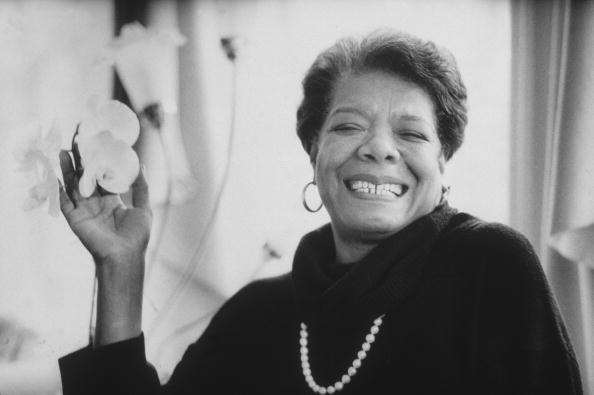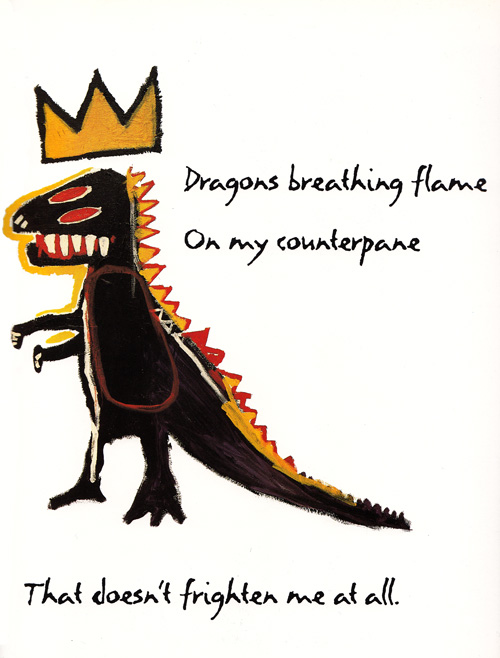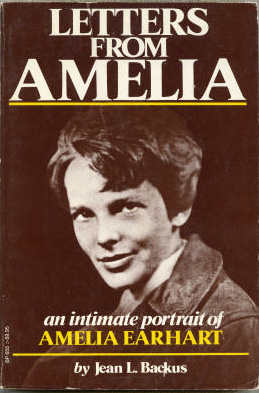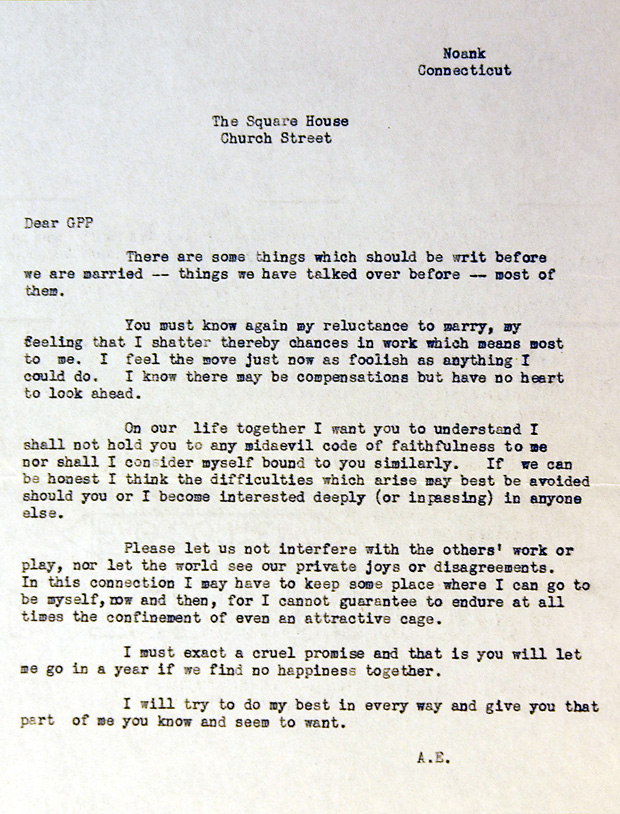missed, but never forgotten... my love for maya is eternal and i'm grateful and fortunate for her words...
Maya Angelou on Identity and the Meaning of Life
by Maria Popova
“Life loves the liver of it. You must live and life will be good to you.”
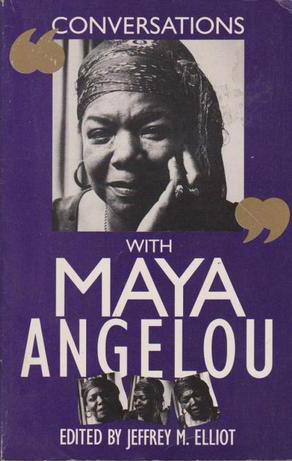 The light of the world has grown a little dimmer with the loss of the phenomenal Maya Angelou, but her legacy endures as a luminous beacon of strength, courage, and spiritual beauty. Angelou’s timeless wisdom shines with unparalleled light in a 1977 interview by journalist Judith Rich, found in Conversations with Maya Angelou (public library) — the same magnificent tome that gave us the beloved author’s conversation with Bill Moyers on freedom — in which Angelou explores issues of identity and the meaning of life.
The light of the world has grown a little dimmer with the loss of the phenomenal Maya Angelou, but her legacy endures as a luminous beacon of strength, courage, and spiritual beauty. Angelou’s timeless wisdom shines with unparalleled light in a 1977 interview by journalist Judith Rich, found in Conversations with Maya Angelou (public library) — the same magnificent tome that gave us the beloved author’s conversation with Bill Moyers on freedom — in which Angelou explores issues of identity and the meaning of life.
Reflecting on her life, Angelou — who rose to cultural prominence through the sheer tenacity of her character and talent, despite being born into a tumultuous working-class family, abandoned by her father at the age of three, and raped at the age of eight — tells Rich:
I’ve been very fortunate… I seem to have a kind of blinkers. I just do not allow too many negatives to soil me. I’m very blessed. I have looked quite strange in most of the places I have lived in my life, the stages, spaces I’ve moved through. I of course grew up with my grandmother: my grandmother’s people and my brother are very very black, very lovely. And my mother’s people were very very fair. I was always sort of in between. I was too tall. My voice was too heavy. My attitude was too arrogant — or tenderhearted. So if I had accepted what people told me I looked like as a negative yes, then I would be dead. But I accepted it and I thought, well, aren’t I the lucky one.
She later revisits the question of identity, echoing Leo Buscaglia’s beautiful meditation on labels, as she reflects on the visibility her success granted her and the responsibility that comes with it:
What I represent in fact, what I’m trying like hell to represent every time I go into that hotel room, is myself. That’s what I’m trying to do. And I miss most of the time on that: I do not represent blacks or tall women, or women or Sonomans or Californians or Americans. Or rather I hope I do, because I am all those things. But that is not all that I am. I am all of that and more and less. People often put labels on people so they don’t have to deal with the physical fact of those people. It’s easy to say, oh, that’s a honkie, that’s a Jew, that’s a junkie, or that’s a broad, or that’s a stud, or that’s a dude. So you don’t have to think: does this person long for Christmas? Is he afraid that the Easter bunny will become polluted? … I refuse that… I simply refuse to have my life narrowed and proscribed.
To be sure, beneath Angelou’s remarkable optimism and dignity lies the strenuous reality she had to overcome. Reflecting on her youth, she channels an experience all too familiar to those who enter life from a foundation the opposite of privilege:
It’s very hard to be young and curious and almost egomaniacally concerned with one’s intelligence and to have no education at all and no direction and no doors to be open… To go figuratively to a door and find there’s no doorknob.
And yet Angelou acknowledges with great gratitude the kindness of those who opened doors for her in her spiritual and creative journey. Remembering the Jewish rabbi who offered her guidance in faith and philosophy and who showed up at her hospital bedside many years later after a serious operation, Angelou tells Rich:
The kindnesses … I never forget them. And so they keep one from becoming bitter. They encourage you to be as strong, as volatile as necessary to make a well world. Those people who gave me so much, and still give me so much, have a passion about them. And they encourage the passion in me. I’m very blessed that I have a healthy temper. I can become quite angry and burning in anger, but I have never been bitter. Bitterness is a corrosive, terrible acid. It just eats you and makes you sick.
At the end of the interview, Angelou reflects on the meaning of life — a meditation all the more poignant as we consider, in the wake of her death, how beautifully she embodied the wisdom of her own words:
I’ve always had the feeling that life loves the liver of it. You must live and life will be good to you, give you experiences. They may not all be that pleasant, but nobody promised you a rose garden. But more than likely if you do dare, what you get are the marvelous returns. Courage is probably the most important of the virtues, because without courage you cannot practice any of the other virtues, you can’t say against a murderous society, I oppose your murdering. You got to have courage to do so. I seem to have known that a long time and found great joy in it.
The totality of Conversations with Maya Angelou is a powerful portal into the beloved writer’s soul. Complement it with Angelou on home, belonging, and (not) growing up, her children’s verses about courage illustrated by Basquiat, and her breathtaking reading of “Phenomenal Woman.”
